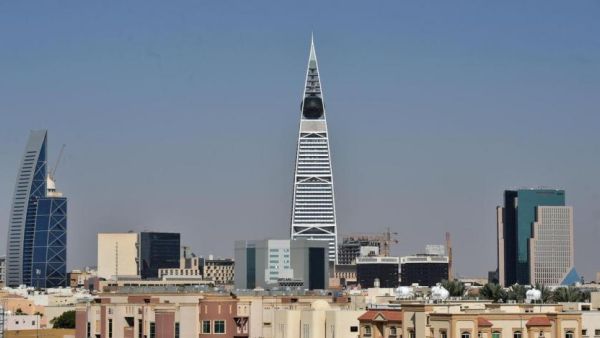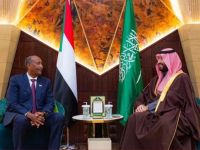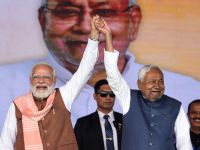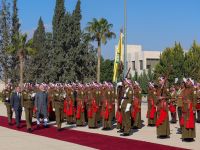A human rights organization has expressed concern over repression of press freedom and arbitrary detention of journalists in Saudi Arabia, as the Riyadh regime's crackdown on pro-democracy campaigners, scholars and opposition figures shows no sign of abating.
Sanad human rights organization, which monitors and exposes human rights violations in Saudi Arabia, announced that Saudi authorities continue to ignore all international warnings about violations of freedom of expression and media in the kingdom, and forge ahead with their repressive measures against writers and journalists.
Sanad added that Saudi Arabia is among the countries with the highest numbers of jailed journalists with respect to world press freedom indices, noting that around 14 Saudi journalists and citizen-journalists have gone “missing” in a wave of arrests in the country.
Mustafa Darwish execution & children on death row in Saudi Arabia
— On the Ground News (@OGNreports) June 28, 2021
Abdudllah Huwaiti was 14 years old when a crime he admitted to a crime under torture. The CEO of SANAD, a human rights organization, discusses the Saudi justice system.
Full vid: https://t.co/aVl1XKLixo pic.twitter.com/1mzSX68Ykv
The organization then held Saudi officials fully responsible for heinous violations of human rights and various forms of freedom in the country, and demanded an urgent need to repression and abuse of journalists in the country.
Last November, Reporters Without Borders (RSF) called on Saudi authorities to immediately release Yemeni journalist Ali Abu Lahoum after he received a 15-year prison sentence.
#SaudiArabia: Appeals court upholds verdict against Yemeni journalist Ali Mohsen Ahmed Abu Lahoumhttps://t.co/2zHL3MY37m pic.twitter.com/EvDJm5BIpx
— GC4HR (@GulfCentre4HR) January 4, 2022
“This ruling shows that the use of Internet and social media platforms by journalists and bloggers, which are intended to be a place where they should exchange information and discuss various matters, is still strictly controlled in the kingdom,” Sabreen al-Nawi, director of the Middle East Division at RSF said at the time.
It went on to say that the Yemeni journalist’s wife desperately tried to contact him several times, before she understood that her husband had undergone a criminal interrogation without the presence of an attorney.
The organization said the verdict was issued against the Yemeni journalist on October 26, more than two months after he was detained.
Abu Lahoum, who has been residing in Saudi Arabia since 2015, was reportedly working in a commercial media organization in the country’s southwestern region of Najran.
A #HumanRights group has confirmed that Dr. Awad Al-Qarni is in critical health in #SaudiArabia's prisons. The human rights group SANAD said it had learned that Dr. Awad Al-Qarni suffered from severe cartilage slippage. pic.twitter.com/aDP8jiBNL1
— Abd Alsalaam (@AbdAlsalaam17) November 7, 2021
He had earlier worked as an executive director for the Saudi Arabic-language al-Wadi television station.
Ever since Crown Prince Mohammed bin Salman became Saudi Arabia’s de facto leader in 2017, the kingdom has ramped up arrests of activists, bloggers, intellectuals, and others perceived as political opponents, showing almost zero tolerance for dissent even in the face of international condemnations of the crackdown.
Muslim scholars have been executed and women’s rights campaigners have been put behind bars and tortured as freedoms of expression, association, and belief continue to be denied.
This article is adapted from its original source








